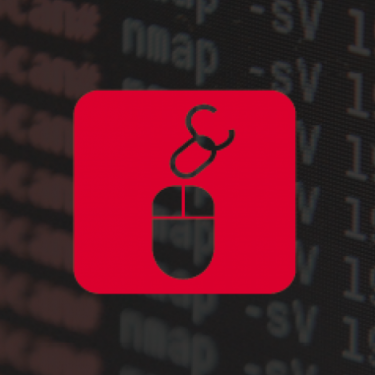Press freedom can wait no longer for tighter spyware export controls

Reporters Without Borders (RSF) calls on European Union member states, especially France, to do everything possible to reach a compromise at their next meeting on 9 January on regulating dual-use technology exports, including software that can be used to spy on journalists. Tighter controls could be delayed for years if no agreement is reached at this meeting.
The outcome of more than two years of talks on limiting dual-use exports is now in jeopardy because France’s representatives are dragging their feet. The speed with which regulations are adopted within the EU is very slow and France’s objections could dash any hope of new export controls on dual-use technology being adopted before the EU’s next elections.“This repeated stalling by the French authorities is going to overturn the entire process,” a source close to the talks said.
Why is France stalling?
The main sticking point is the method of updating the list of surveillance technologies covered by the regulations. In order to get the proposed new regulations adopted before the EU elections, member states agreed to let the European Commission decide which dual-use technologies are be included on the list. It was decided that, in the event of a disagreement, a country would be able to withdraw from the process if a qualified majority of countries opposed the Commission’s position.
France initially accepted this compromise, but it is now opposing it – a U-turn that most of the observers questioned by RSF described as “incomprehensible.” With the recent support of several other countries, France is now taking the position that legislation should be required to add any new dual-use technology to the list. But this would be extremely slow. It could take months or even years to add a new technology to the list by means of legislation – a procedure that bears no relation to the speed with which new technologies are brought on to the market.
The dual-use technology unit at the French economy ministry, which is responsible of the topic, declined to give RSF the reason for the change, claiming that there was an “embargo on communication” because the negotiations are still under way. RSF has nonetheless learned that it is the armed forces ministry and the foreign ministry that are opposing the version that was originally agreed.
“These technologies are used nowadays by despotic regimes to turn mobile phones into spies that can track who journalists talk to,” said Elodie Vialle, the head of RSF’s Journalism and Technology desk. “Given that journalists now continue to be spied on even after fleeing abroad, it unthinkable that EU countries are blocking the adoption of regulations designed to protect journalists and their sources.”
Don’t break just before the finish line
The European Commission began drafting proposed new controls on dual-use technology exports in 2016, after learning that authoritarian regimes in the Middle East had used French surveillance technology to spy on dissidents. Together with an NGO coalition, RSF has played an active role for the past two years in obtaining improvements to the proposed legislation, so that it takes better account of human rights and the need to protect journalists’ sources.
Leaked Council of the EU documents published by RSF in October showed that several countries, led by Sweden and Finland, were trying to sabotage the drive for the inclusion of strong human rights protections in the proposed legislation.
If France does not change course in time for the next working meeting on 9 January, it will be impossible to adopt new controls on surveillance technology exports during the current legislative period. This could mean a delay of several years in tighter controls on the export of technology that is used to spy on dissidents and journalists.



